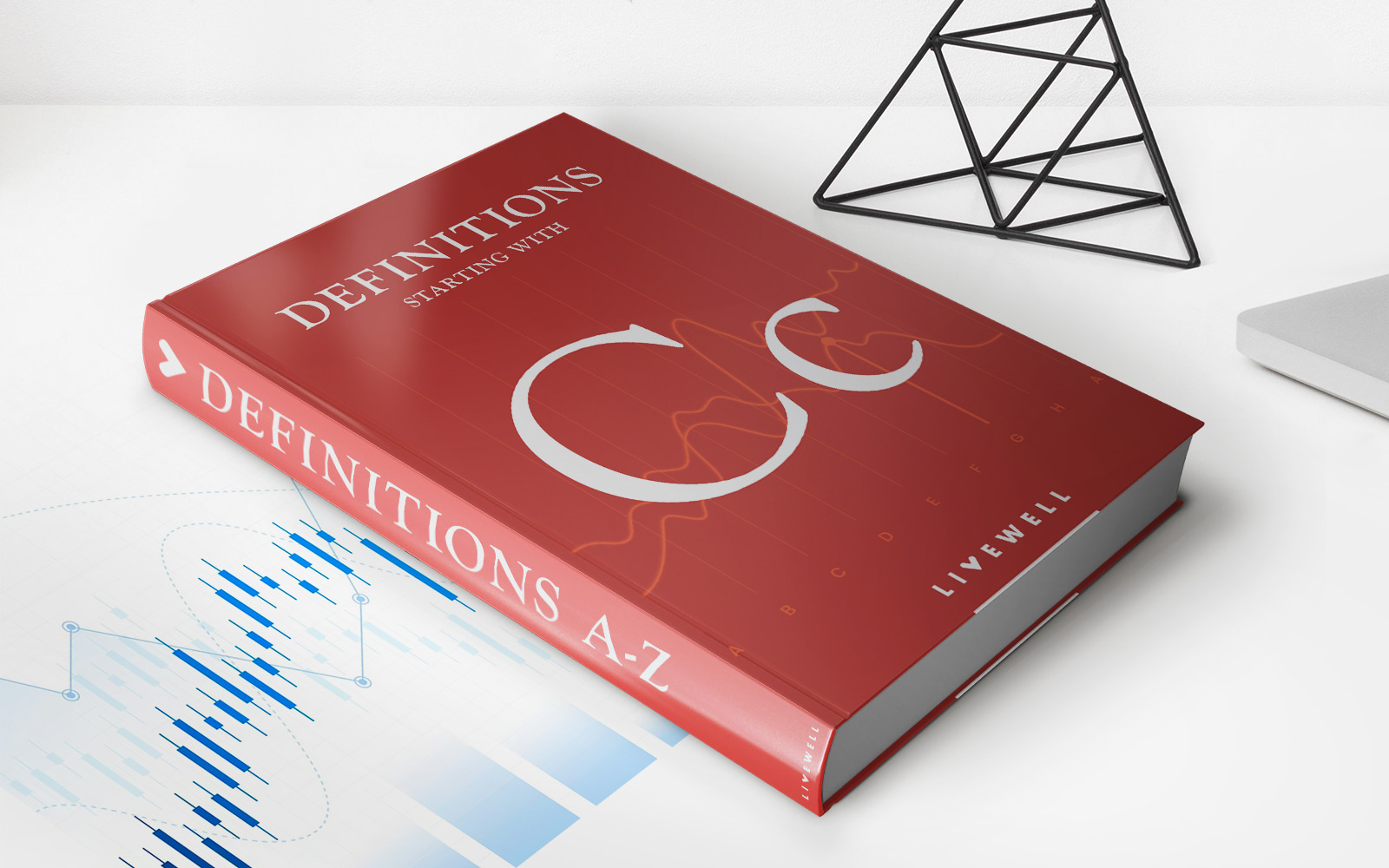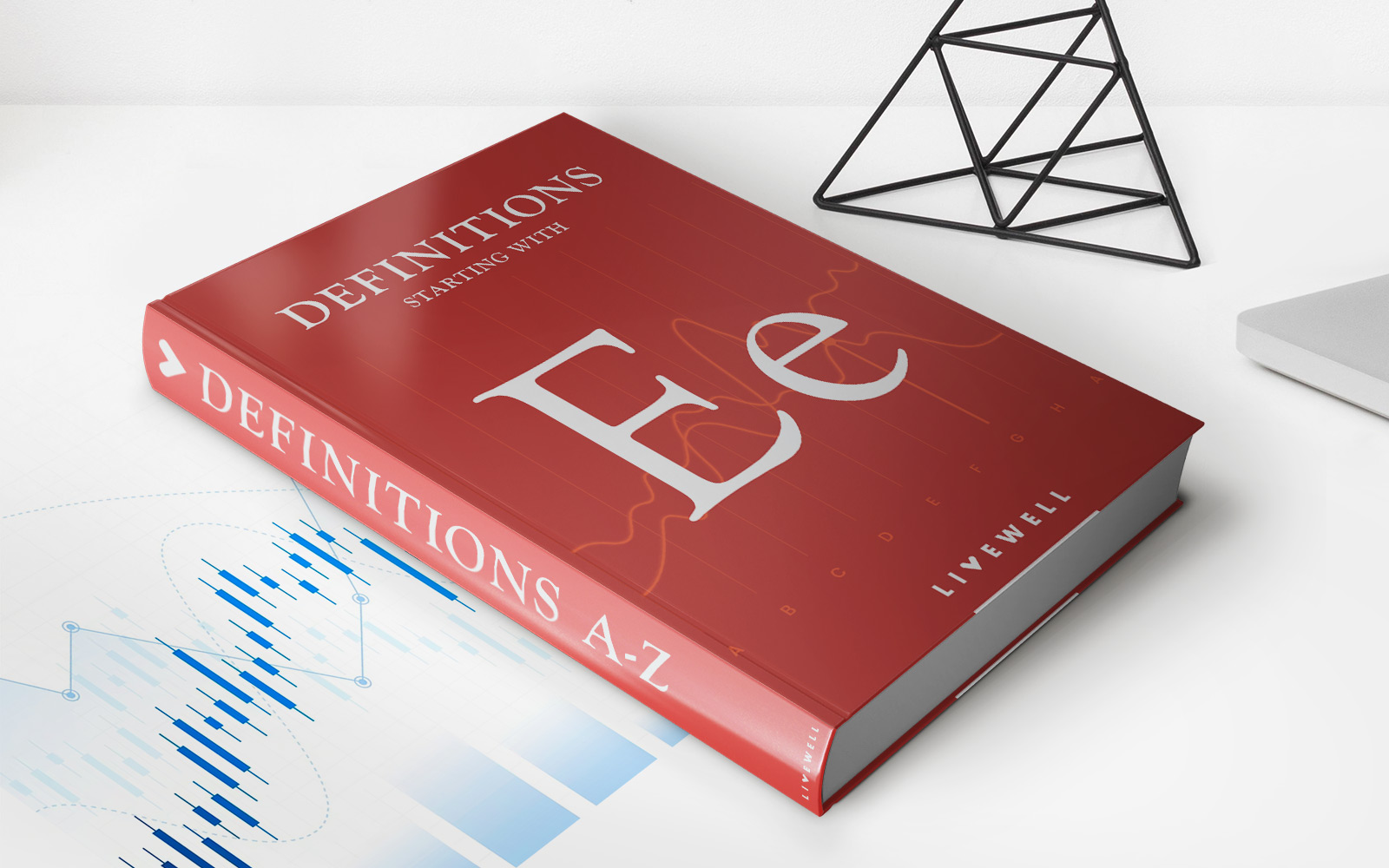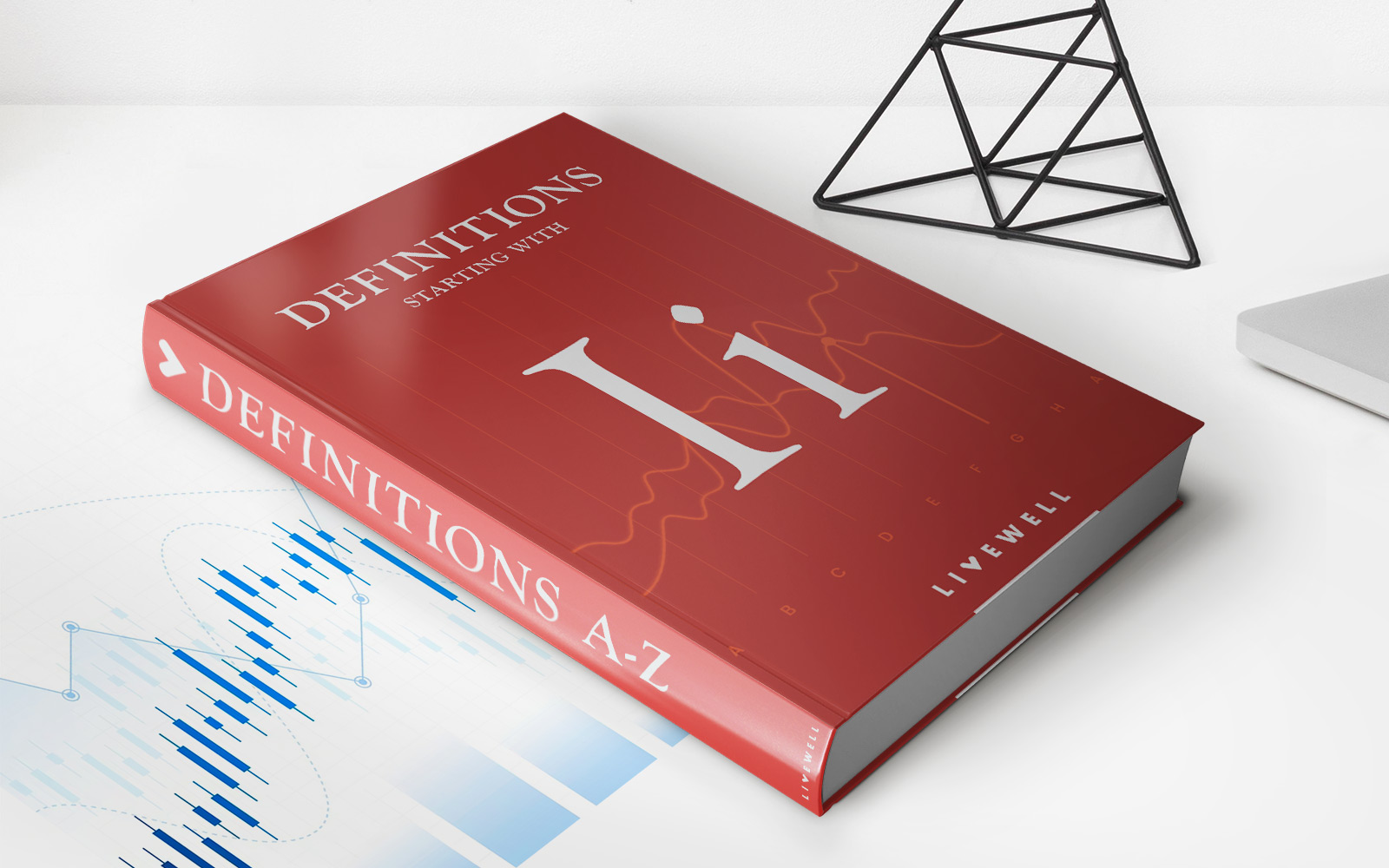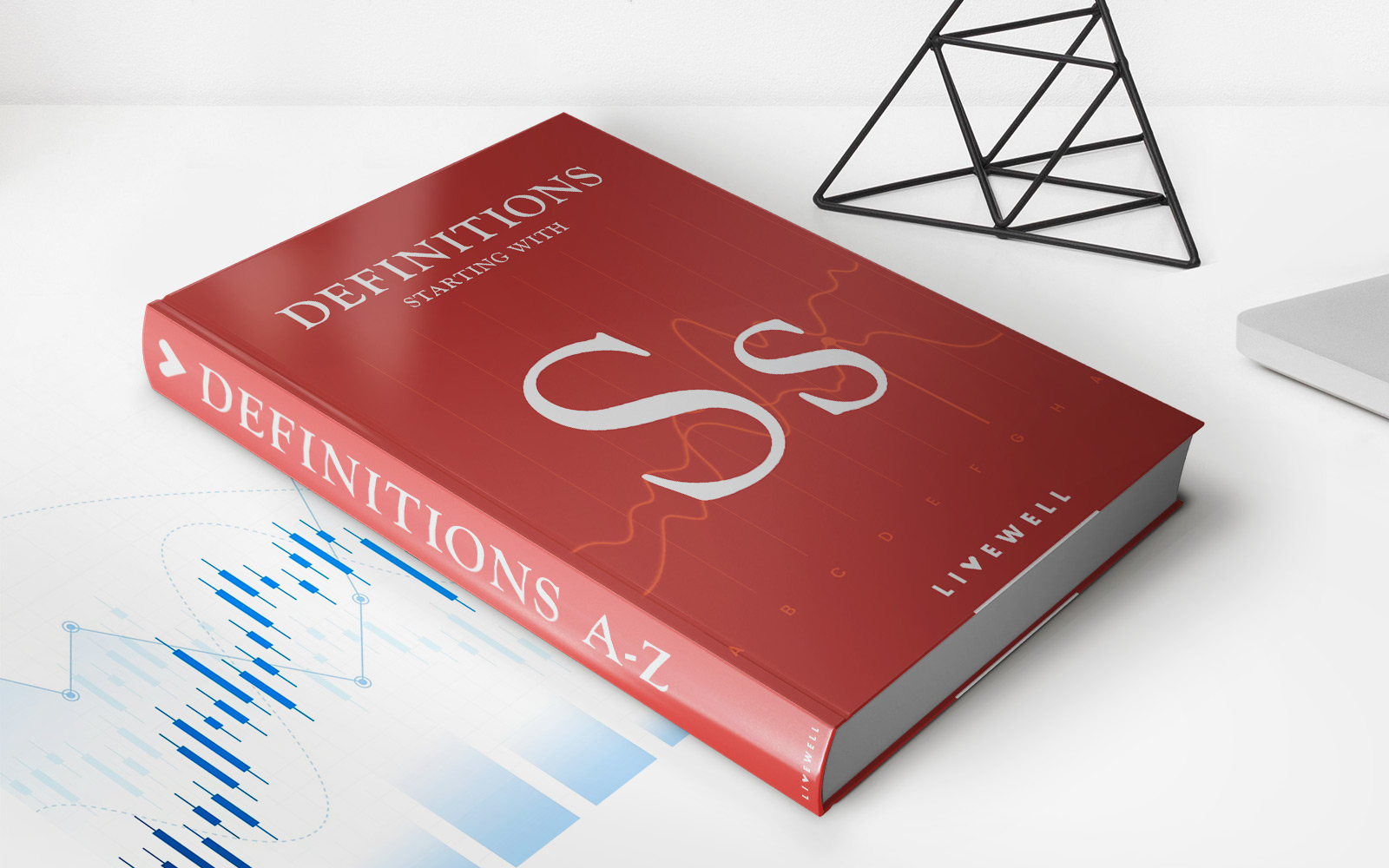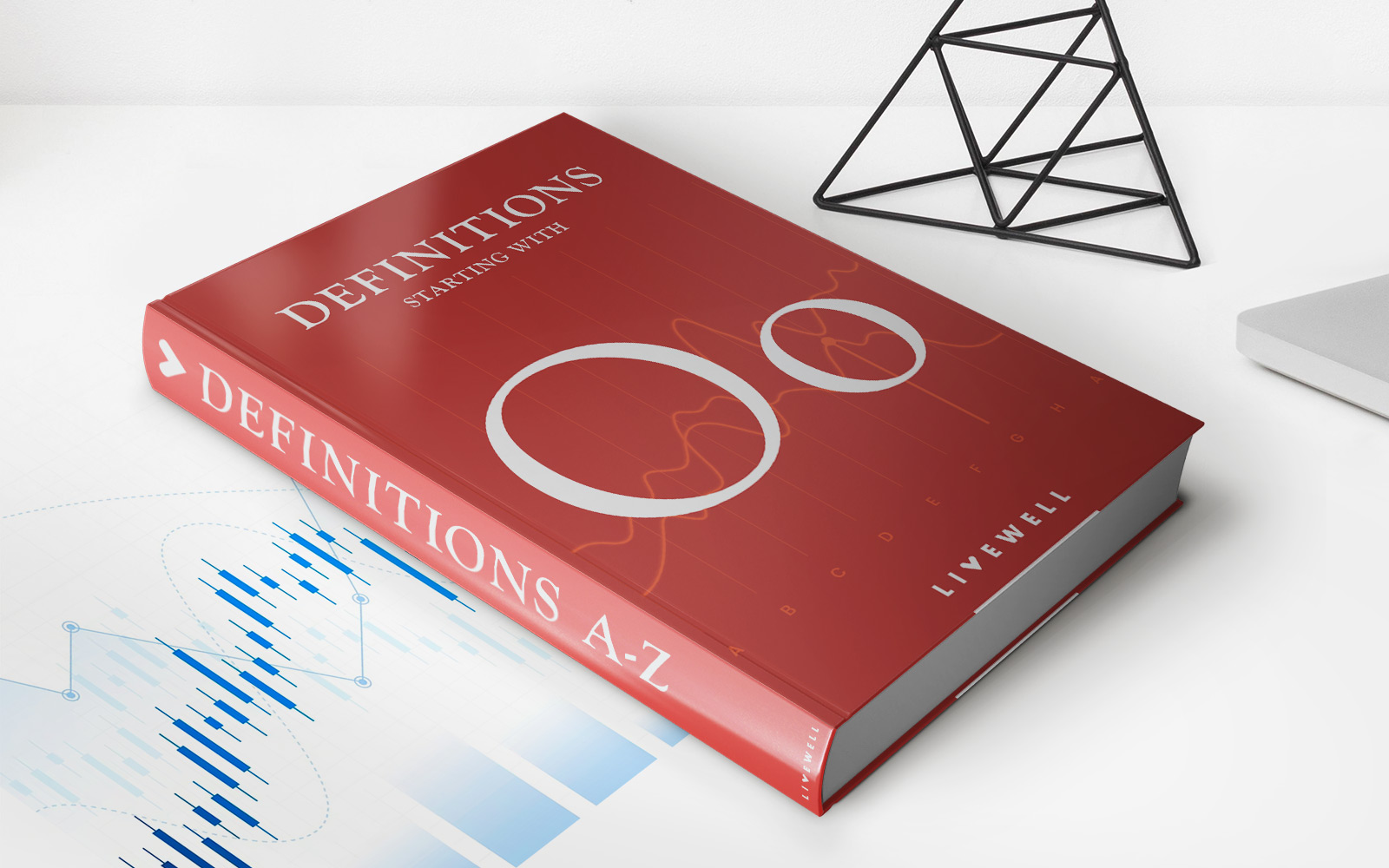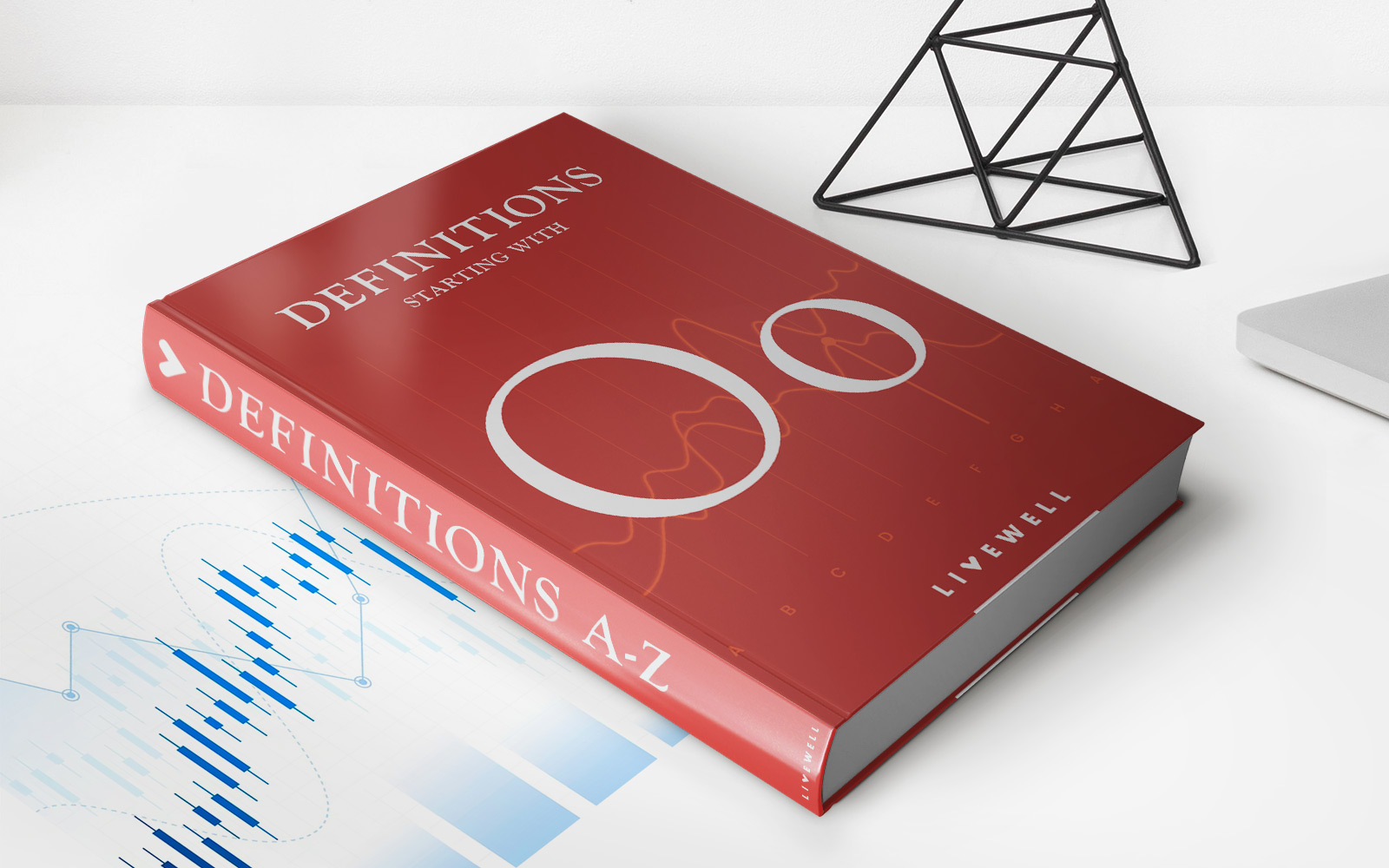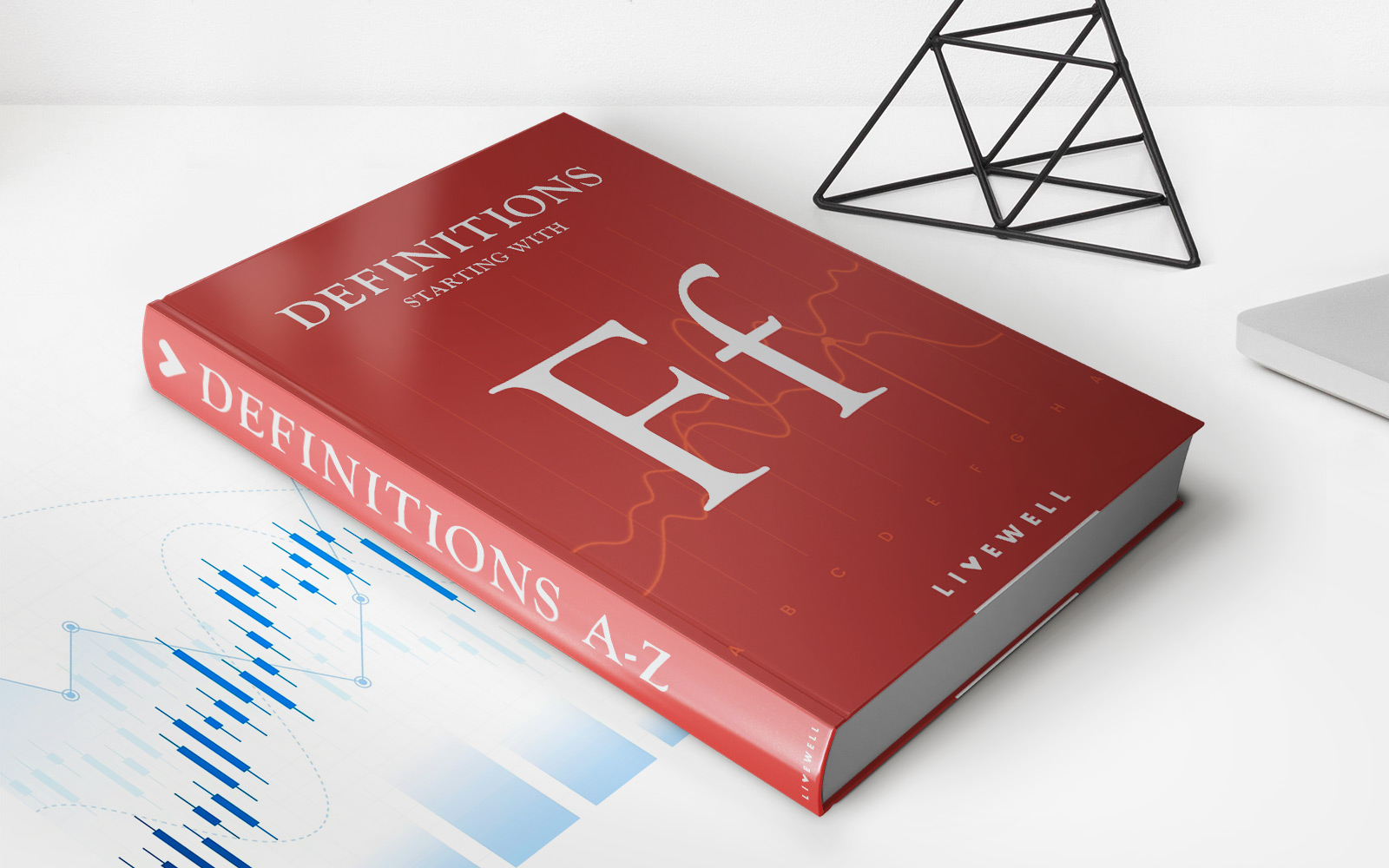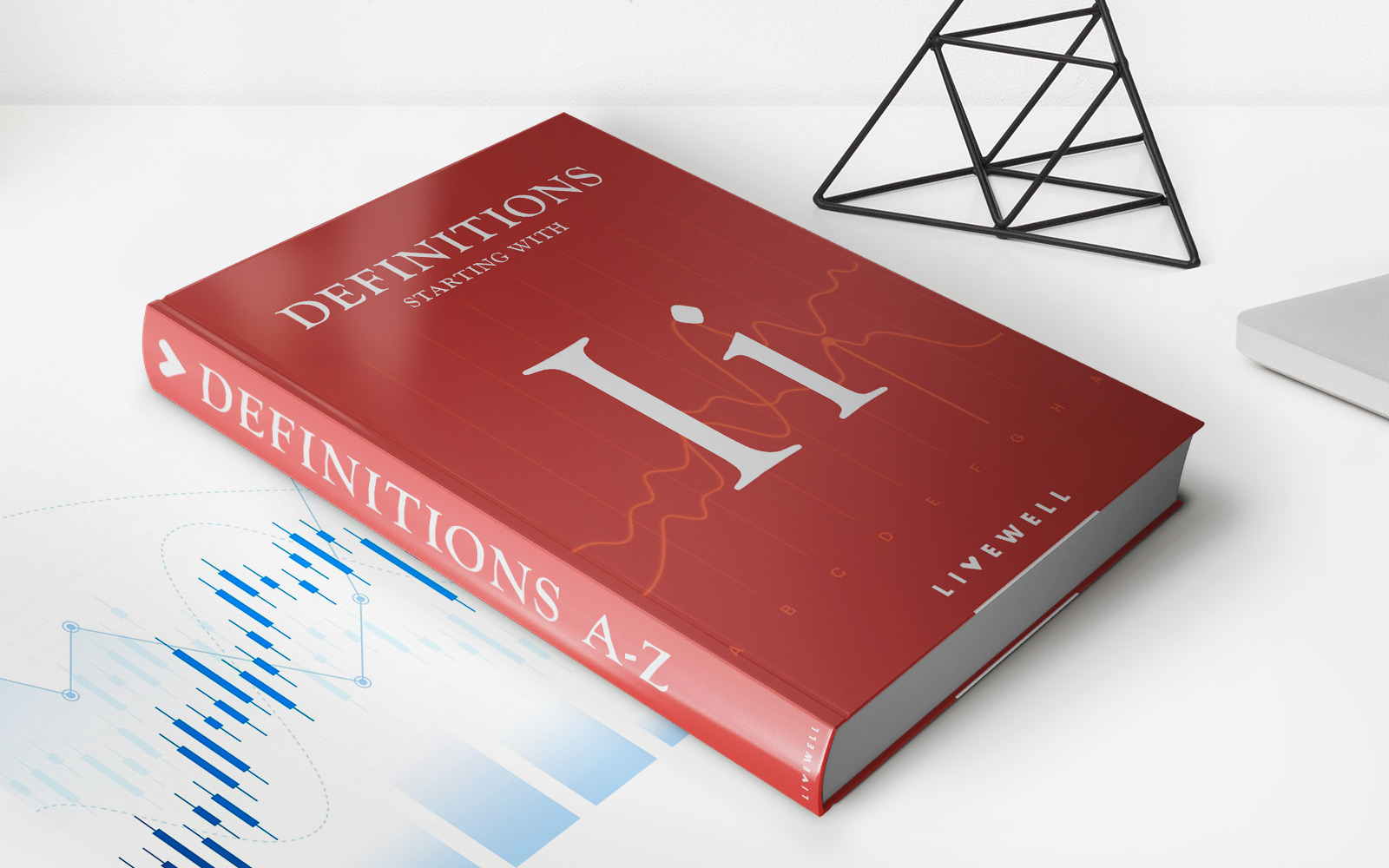Home>Finance>Options On Futures: Definition, How They Work, And Example


Finance
Options On Futures: Definition, How They Work, And Example
Published: January 4, 2024
Learn all about options on futures in finance, including their definition, how they work, and an example. Gain a comprehensive understanding of this important financial concept.
(Many of the links in this article redirect to a specific reviewed product. Your purchase of these products through affiliate links helps to generate commission for LiveWell, at no extra cost. Learn more)
Unlocking the Potential of Options on Futures in the Finance World
When it comes to expanding our financial horizons and exploring new opportunities, options on futures can serve as an invaluable tool. Offering flexibility and enhanced risk management capabilities, these financial instruments can open up a world of possibilities for investors and traders alike. In this blog post, we will delve into the definition of options on futures, how they work, and provide an example to help you grasp their potential. So, let’s dive in!
Key Takeaways:
- Options on futures are derivative contracts that give the holder the right, but not the obligation, to buy or sell a specified futures contract at a predetermined price (strike price) within a specific timeframe.
- These financial instruments offer opportunities to profit from both bullish and bearish market conditions, as well as the ability to hedge against potential price fluctuations.
Understanding Options on Futures:
Options on futures are a type of derivative contract that derive their value from an underlying futures contract. While traditional options are typically based on stocks, options on futures provide investors and traders with the opportunity to speculate on the future price movements of commodities, currencies, indices, and more.
In simple terms, options on futures give the holder the right, but not the obligation, to buy or sell a specified futures contract at a predetermined price (known as the strike price) within a specific timeframe. This timeframe is known as the option’s expiration date.
There are two types of options on futures: call options and put options. A call option gives the holder the right to buy the underlying futures contract, while a put option grants the holder the right to sell the underlying futures contract.
How Options on Futures Work:
Options on futures work by providing traders with the opportunity to profit from price movements in the underlying futures contract, without actually owning the contract itself. This can be particularly attractive for traders who want to leverage their positions and potentially amplify their gains.
When an investor purchases an option on a futures contract, they pay a premium to the options seller. This premium represents the cost of the option and can vary based on factors such as the underlying asset, time remaining until expiration, and market volatility.
It’s important to note that the maximum potential loss for the option holder is limited to the premium paid, while the potential profit is theoretically unlimited. On the other hand, the seller of the option, also known as the option writer, has the potential for unlimited losses if the market moves against their position.
An Example of Options on Futures:
Let’s consider an example to illustrate how options on futures can work in practice. Imagine a trader believes that the price of crude oil will increase over the next three months. They decide to purchase a call option on crude oil futures with a strike price of $60 per barrel, expiring in three months.
If the price of crude oil rises above $60 during the option’s lifespan, the trader can exercise the option and buy the futures contract at the predetermined price. They can then sell the contract at the current market price, potentially earning a profit on the difference.
On the other hand, if the price of crude oil remains below $60 or decreases, the trader is not obliged to exercise the option. In this case, they would only lose the amount paid as the premium for the option.
Key Takeaways:
- Options on futures provide flexibility and risk management capabilities in the finance world.
- They allow investors and traders to hedge against potential price fluctuations and profit from both bullish and bearish market conditions.
To conclude, options on futures offer a valuable way for investors and traders to diversify their portfolios, manage risk, and potentially amplify their gains. By understanding their definition, how they work, and considering practical examples, individuals can unlock the potential of these financial instruments to navigate the dynamic world of finance.
